Turkey: Europe’s new gas hub?
The Ukraine crisis has sent the EU scrambling for new gas supplies, generating fresh interest in gas pipelines from Central Asia and West Asia via Turkey. Practical difficulties make most of these new projects unviable.
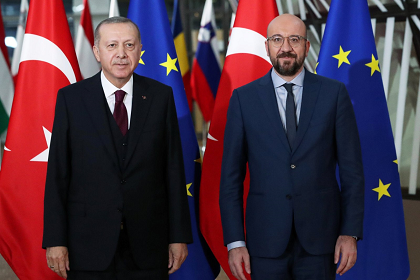 Courtesy: Reuters
Courtesy: Reuters
The Ukraine crisis has sent the EU scrambling for new gas supplies, generating fresh interest in gas pipelines from Central Asia and West Asia via Turkey. Practical difficulties make most of these new projects unviable.
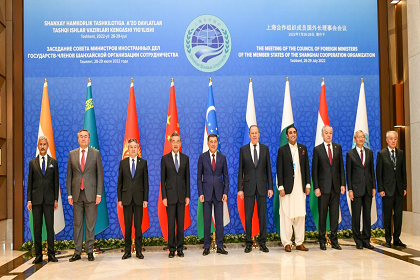 Courtesy: Ministry of Foreign Affairs, Kazakhstan
Courtesy: Ministry of Foreign Affairs, Kazakhstan
The SCO foreign ministers met in Tashkent in July to plan for the all-important SCO summit in September. New additions and old issues remain, but the SCO is now growing into a significant grouping, with importance to India
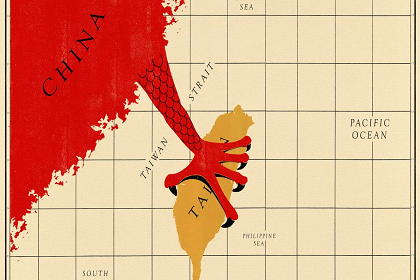 Courtesy: Foreign Affairs
Courtesy: Foreign Affairs
China’s economic troubles may make it more belligerent against its neighbours. The over-the-top rhetoric and threats on U.S. House Speaker Nancy Pelosi’s visit to Taiwan may be a precursor to more such behaviour in the future.
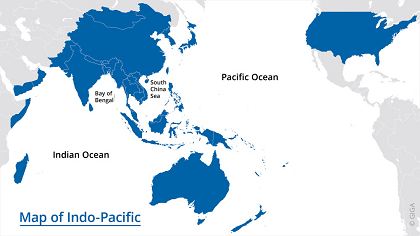 Courtesy: Science Po
Courtesy: Science Po
The Indo-Pacific region envisages the Indian and Pacific Oceans as a continuum and stands on two central pillars – maritime security and economic development. The public discussions, however, are focused on maritime security, strategy and geopolitics, while economic development has received less attention. This imbalance can be corrected by creating an awareness on how to harness the potential of the region's Blue Economy and its vast resources and opportunities.
 Courtesy: Small Caps
Courtesy: Small Caps
The supply of critical minerals, crucial for new and emerging technologies such as electric vehicles, electronics and renewable energy production, faces a significant disruption due to Covid and the Ukraine crisis. As the prices of these valuable resources surge, India can secure its supplies through the sagacious use of financial investments, efficient policies, and propriety technology. A collaboration with Japan can offer multifaceted benefits.
 Courtesy: Shutterstock
Courtesy: Shutterstock
Unusual rains or snow? Flooding? Drought? It seems that climate change alone is to blame for any anomaly taking place anywhere in the world, be it hydrometeorological or anthropogenic. It’s a convenient culprit for besieged leaders seeking to escape responsibility towards their citizens, and it undermines the scientific evidence of climate change.
 Courtesy: zeenews
Courtesy: zeenews
Sri Lanka's crippled economy requires immediate and robust reforms. India faced similar adversity when PV Narasimha Rao pulled the country out of the economic crisis in 1991. Will new president Ranil Wickremesinghe follow the example of India's 1991 reforms to save his country and economy?
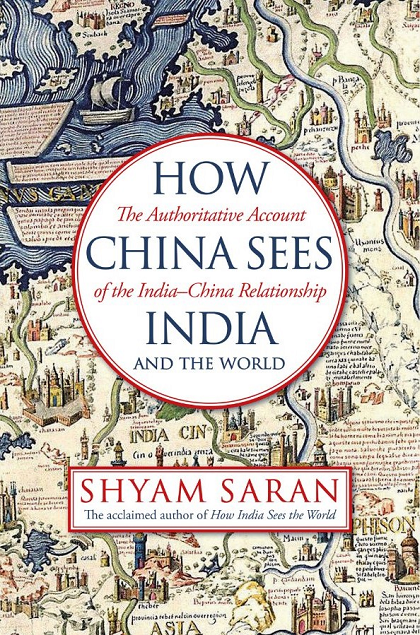 Courtesy: Juggernaut
Courtesy: Juggernaut
In his new book, former Foreign Secretary Shyam Saran demystifies China's imagined belief of itself as the Middle Kingdom. Contemporary China's propensity to cut and paste history has resulted in China's resentment of India based on a limited understanding of Indian history and of China's past recognition of India as an advanced civilisation which impacted Chinese culture. Today the West recognises India's potential to match China, with depth and skills, over the long term.
 Courtesy: telegraphindia.com
Courtesy: telegraphindia.com
Former Japanese Prime Minister Shinzo Abe’s legacy is marked by statesmanship and foresight, enabling him to reform the security and economic architecture of Asia, Japan and India. His historic 2007 speech in the Indian Parliament gave shape to the idea of the Indo-Pacific, and the Quad. Abe had faith in India, recognising the opportunities India and Japan offered each other.
Sri Lanka is experiencing an economic, political and strategic crisis it has never had before. The situation is fragile – but a creative solution and determined national interest can help return the island nation to stability and growth. Amb. Rajiv Bhatia, in conversation with economist Dr Ganeshan Wignaraja on how Sri Lanka came to the current condition, and the remedies to adopt.